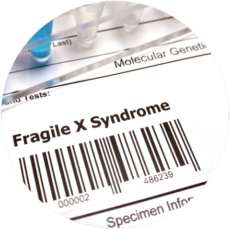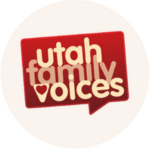

Understanding Fragile X: Causes, Signs, and Support
July is National Fragile X Awareness Month, a time to learn about Fragile X syndrome (FXS)—the most common inherited cause of intellectual disability—and to stand together as families.
What is Fragile X?
FXS is caused by a change in the FMR1 gene, which stops the body from making a protein (FMRP) crucial for brain development. It affects about 1 in 7,000 boys and 1 in 11,000 girls; boys often show more noticeable effects because they have a single X chromosome.
How it shows up:
- Delays in speech, walking, or other developmental milestones
- Learning differences ranging from mild to moderate
- Traits like anxiety, attention challenges, sensory sensitivities, hand-flapping, and eye-contact difficulties
- Sometimes physical signs like a long face, large ears, joint flexibility, flat feet, and in boys, larger testicles after puberty
Diagnosis & support:
A simple blood test confirms Fragile X.
Early diagnosis allows children to begin speech, occupational, and behavioral therapies, helpful tools for development.
Helping hands for families:
Genetic counselors at places like the University of Utah and Primary Children’s Hospital can explain inheritance and guide families.
Parent-to-parent connections through groups like the National Fragile X Foundation offer encouragement and practical tips.
Resources in Utah:
- The University of Utah Fragile X Syndrome Clinic (Primary Children’s Hospital) offers specialized testing, counseling, therapy coordination, and research participation (call 801-587-2255).
- Genetic counseling is also available via the U of U Medical Genetics Division at Primary Children’s Hospital and Riverton clinics.
For school, community, and advocacy support, the Utah Parent Center, Autism Council of Utah, and National Fragile X Association offer workshops, IEP advocacy, and family events.
Utah Sibling Support – The Sibling Project: Run by the Utah Parent Center, the Sibling Project offers free, fun Sibshops for school-age children (8–17), where siblings of children with disabilities can connect, play, share feelings, and build resilience, guided by trained facilitators who also grew up with siblings with disabilities. They also provide a free “Sibling Care Notebook” for young adults preparing to take on future caregiving roles.







